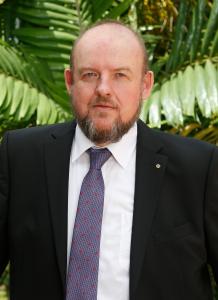"No a la Mineríaa" - mining project controversy and widespread unrest
Violent protests are currently sweeping across Panama, triggered by the Cobre Panama mining project, the largest single private foreign investment in the country. The resistance to this project, which began commercial operations in 2019 and now accounts for around four percent of the country's gross domestic product, is seen as the culmination of the growing dissatisfaction of the Panamanian people with their president and the ruling center-left PRD party . Although Panama's economy has recovered after the pandemic shock, many people are still or again unemployed or receive wages that can no longer keep up with rising prices. Money and work have become rare commodities in Panamanian society.
The first draft of the concession agreement, which was published by the government under President Laurentino "Nito" Cortizo in March of this year, led to protests, but these were peaceful and manageable. The main point of criticism from opponents of the draft was that the Panamanian government wanted to grant the Canadian mining company First Quantum extensive sovereign rights over the mining area, including the airspace; a concession by their government to the Canadian operating company that many Panamanians found unacceptable. This sensitivity is linked in particular to the history of Panama and the canal, as the US government had declared the canal area to be its own territory, to which no Panamanian who did not work for the US military or the canal company had access. It was not until December 31, 1999 that the canal and all operating and sovereign rights were handed over to Panama.
The full-length publication is only available in German.



